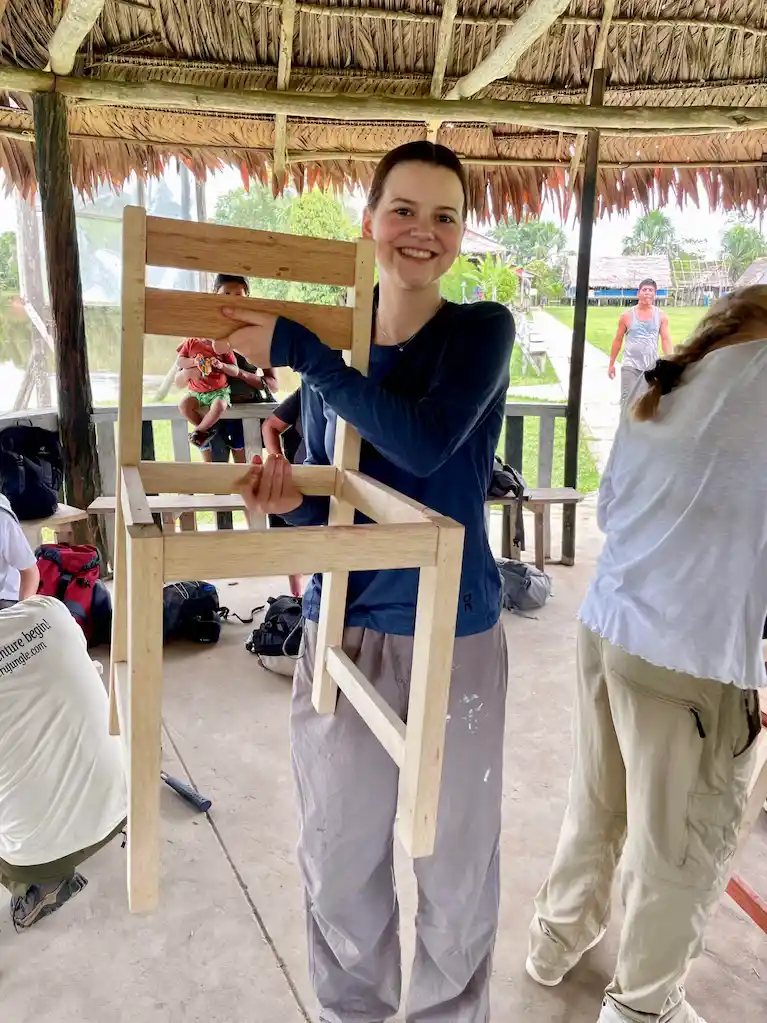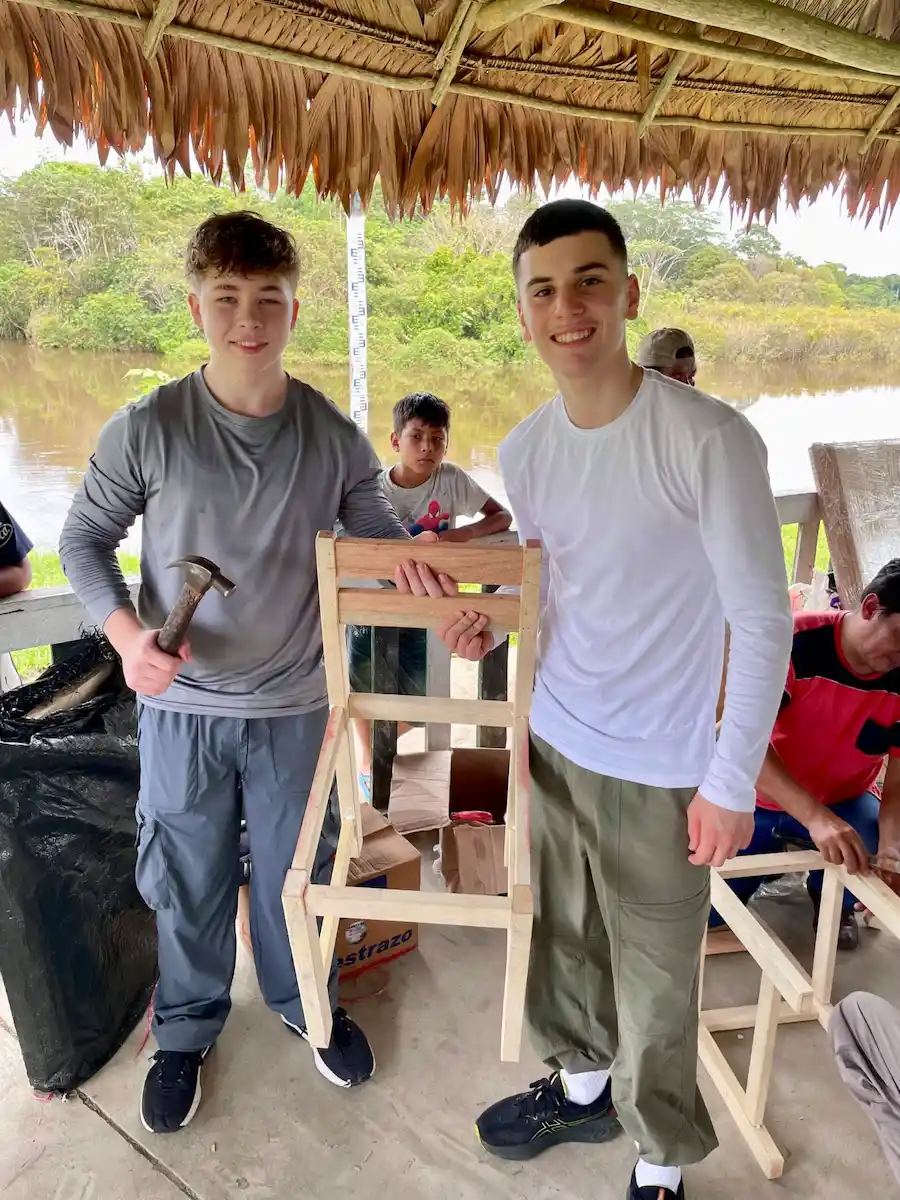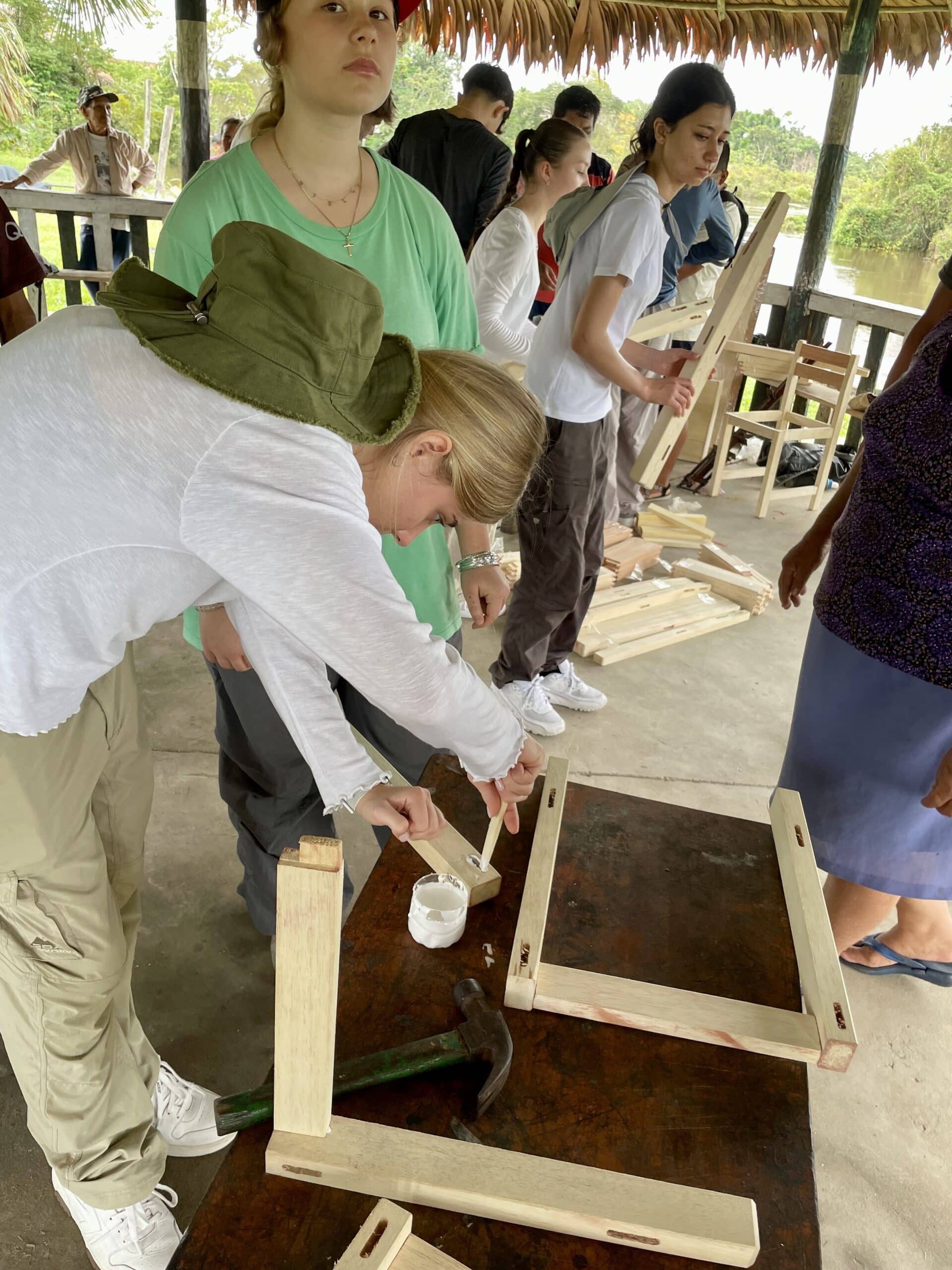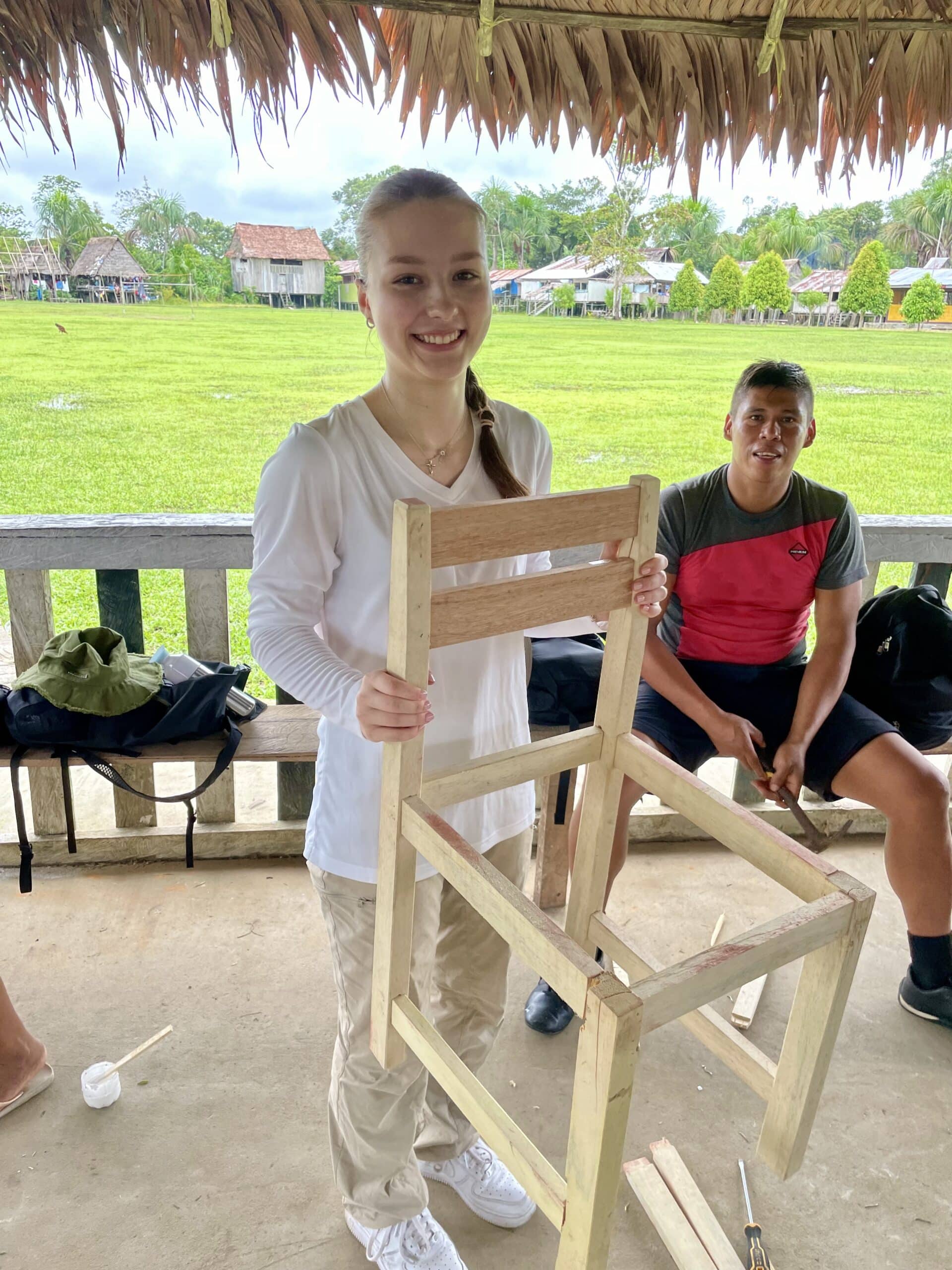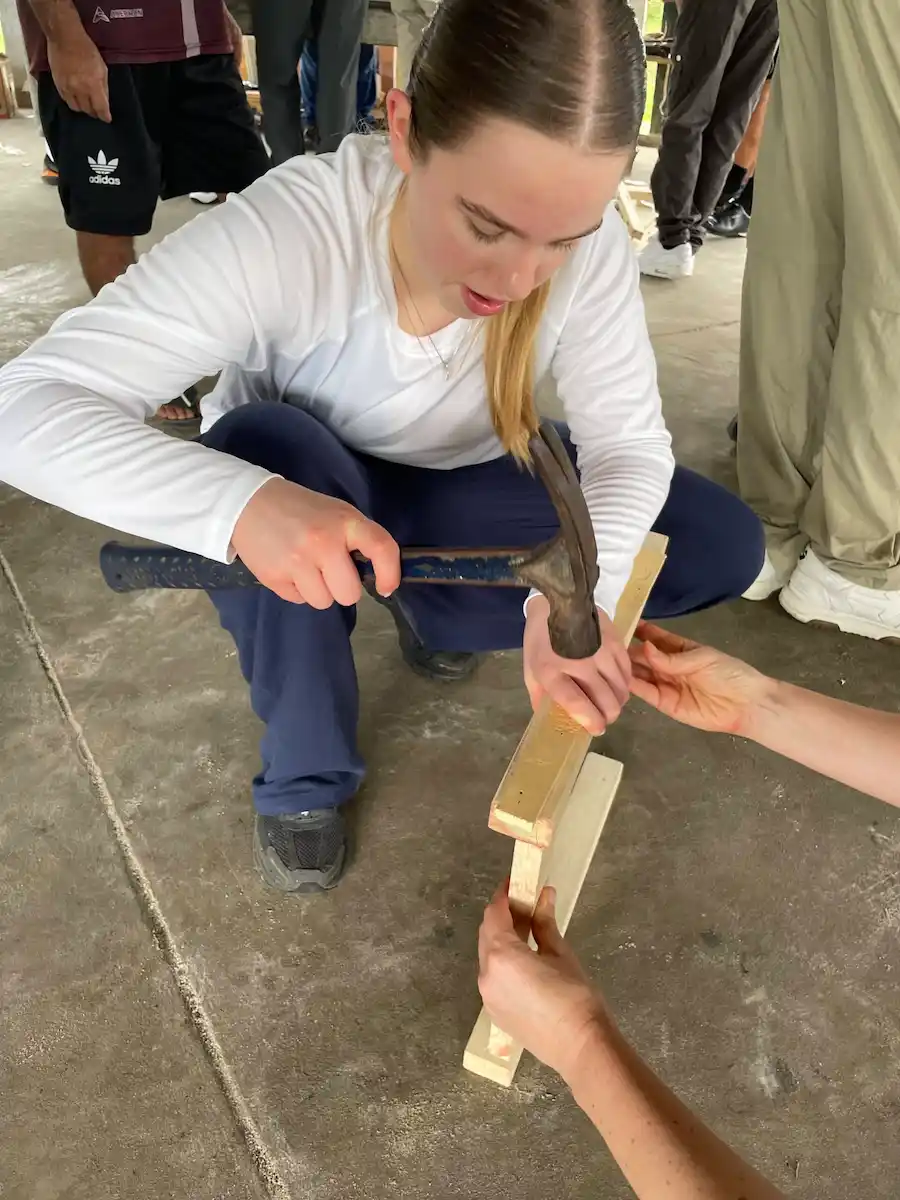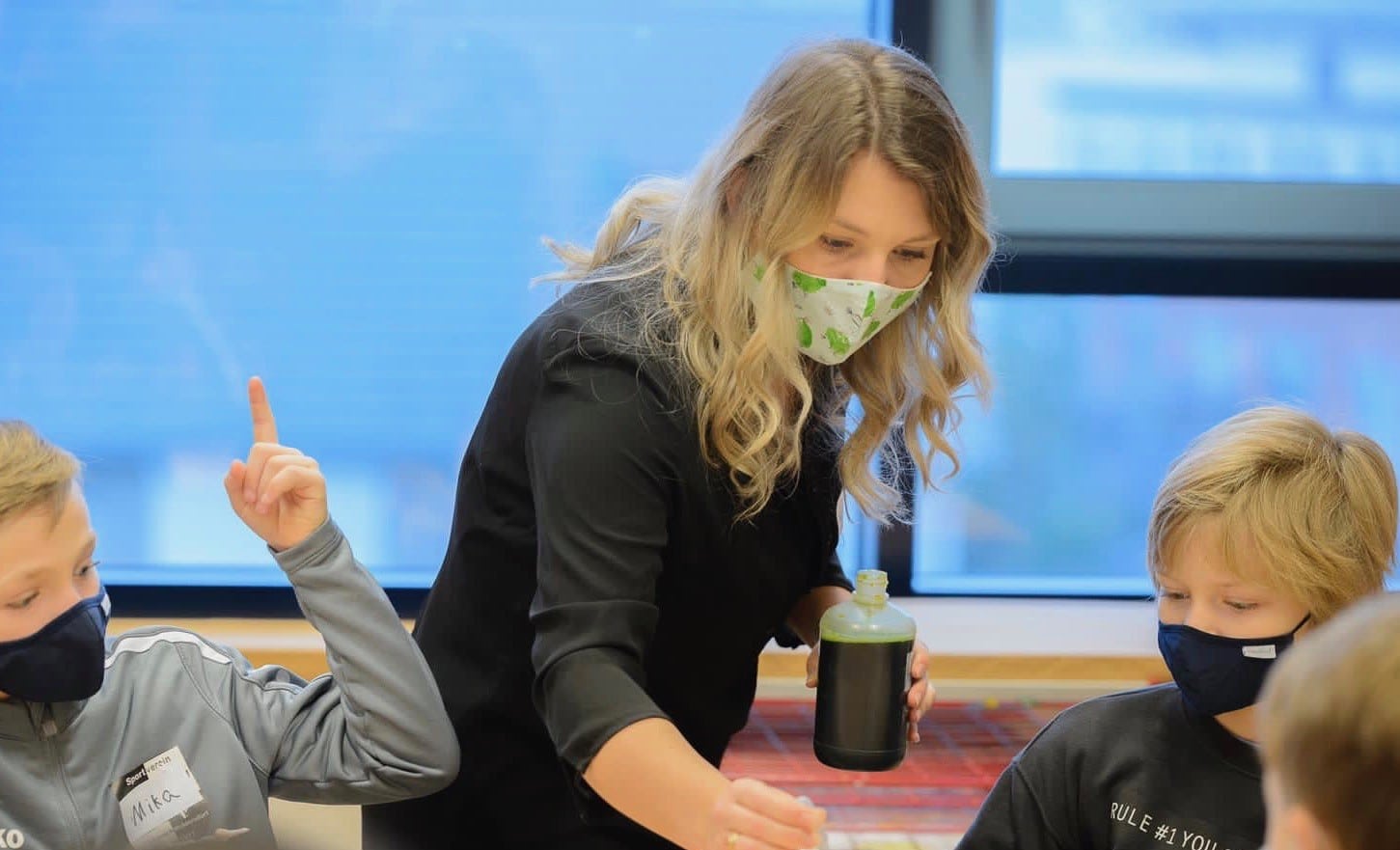
Supporting student learning after Covid at CIS/IFK
What is lost learning and how to help students recover it
Education in every corner of the world has had a turbulent 18 months as governments and schools have tried to balance the developmental needs of children with the safety concerns arising from the pandemic. As we go into our summer here at CIS/IFK, we are in a period of relative calm and can begin to consider approaches to the next phase of this issue: helping students recover lost learning after Covid.
We have some advantages: our online learning platform was rolled out immediately, which, with Managebac, had an already well developed infrastructure behind it. This enabled us to maintain a supportive environment where teachers were able to keep learning expectations high. We have also been seen that our exam providers are working with us to ensure that our students are fairly treated, despite some disparities in the way assessments are being carried out at the moment: for the IB graduates of 2020, results were consistent with previous years, in fact showing a slight improvement to give us our best results ever. We await the results for 2021 with similar confidence.
Nevertheless, we have seen some students struggle, particularly with the long duration of online learning during Covid, and there is, in many cases, academic ground to be made up.
And there is also the cost to wellbeing: the pandemic has been a time of stress and anxiety for everybody, and we see the impact of this in school as the number of students experiencing mental health issues has increased.
How we at CIS/IFK support our students to catch up with learning after Covid
So the main challenge of lost learning we face is, how do we help the students to catch up without adding so much pressure that their wellbeing is affected?
The IB’s research points to five key factors that schools can adopt to mitigate the impact of lost learning:
- A positive school environment
- Using assessment to support teaching and learning
- Goal setting
- Differentiation
- Developing skills that support resilience
At CIS/IFK we have long placed an emphasis on a positive school environment, with a positive and caring attitude at the heart of our approach. We have also been gathering assessment data to support teaching and learning through assessment points, mock exams and real exams for a number of years. In study skills events and self directed learning we promote goal setting as self directed activity, and in reports set goals for students. Differentiation is also in our DNA as a school.
I make this short list to point out some of the ways our pedagogical approach is already consistent with helping students to recover from lost learning. And we are not resting on our laurels on the matter: this year we have rolled out ELEOT (Effective Learning Environment Observation Tool) to help turn our performance in these areas into data, so that we can reflect and support each other in improving further.
Developing skills that support resilience and how to practise these skills during summer holidays 2021
The factor that I would like to focus on in more detail here, is developing skills that support resilience.
The first thing to say is that these skills form part of a curriculum called ‘Approaches to Learning’ by the IB. These competences cross subject boundaries and, once mastered, empower the individual to take ownership of their learning – in school and beyond, and for life. We work on these in school too, both in the regular subject curricula and through trips and other extracurricular activities.
The great thing about a life skills curriculum is that it can be practised outside of the classroom, and does not have to feel like learning at all, which post corona, can be a stress trigger. So as you all look forward to going on your summer holidays, I would like to illustrate a few ways in which you can work on these skills together in ways that need not feel like summer homework:
- Higher levels of social competence: allow the kid/s to take the lead when ordering dinner in a restaurant, or alternatively, plan a day trip for the family in detail, and present it to you for questions
- Problem solving skills: tackle a 1000 piece jigsaw puzzle together
- A sense of autonomy and self efficacy: let the kid/s plan a dinner, then buy the ingredients and cook it (with a little supervision if necessary!)
You can no doubt think of similar tasks – what they do is not important as long as they are practising independence and experiencing challenges in a positive way. They don’t need to do a perfect job, and you do not have to provide a full critique as to how they could have done it better. It is best thought of as a game that you are playing together, for fun. If something does go awry, this is also constructive – mistakes often pave the way for future improvement. But the main thing is, whatever you do with the summer make sure you relax and recover!
Shaun Roberts, International Secondary School
Find out more about International Secondary School




